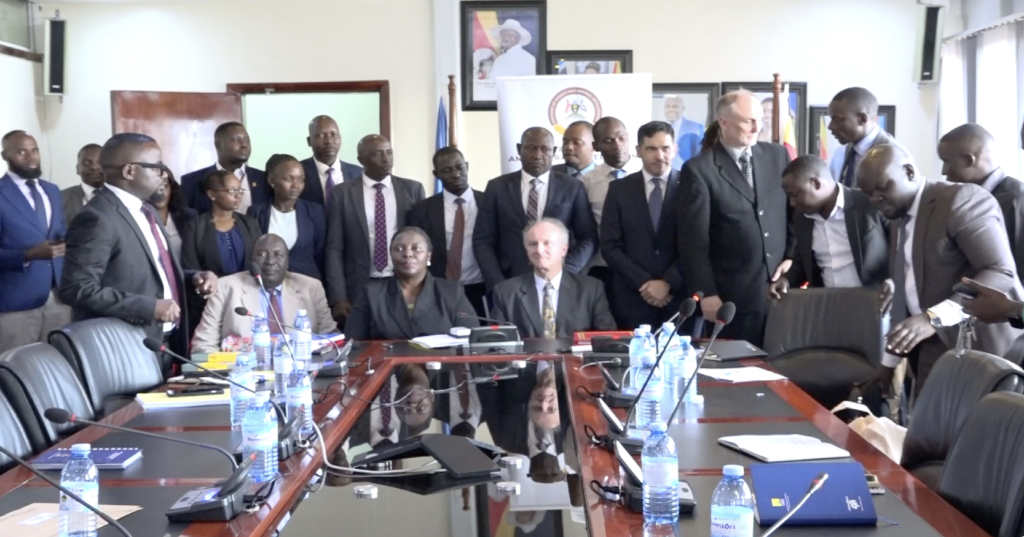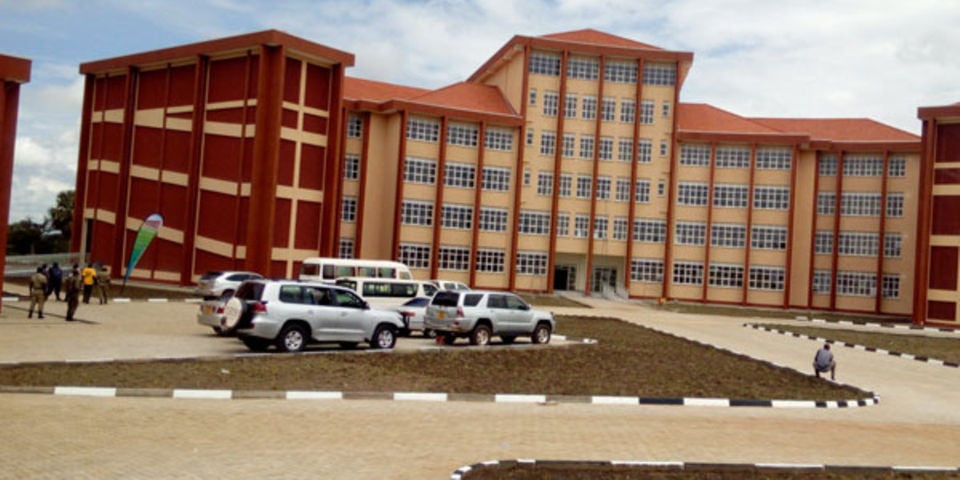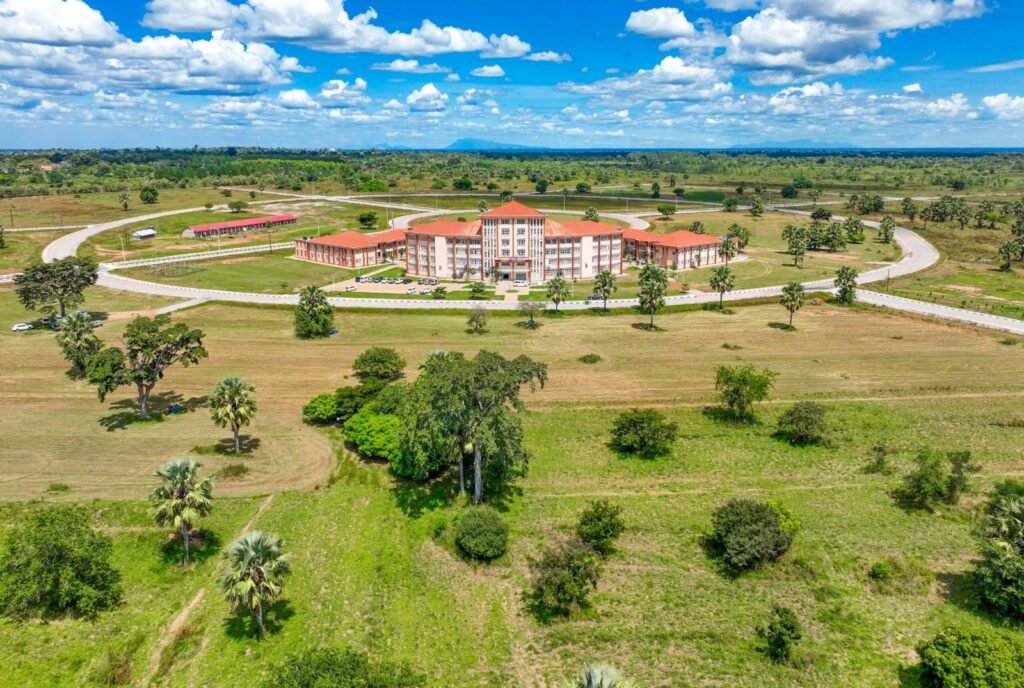KAMPALA, Uganda — The Government of Uganda has taken a significant stride in its nuclear technology ambitions by signing a Memorandum of Understanding (MoU) with Argentina’s INVAP-SE, a leading nuclear technology company. The agreement, signed on Friday, initiates site evaluation and technical studies for the establishment of a Centre of Nuclear Science and Technology (CNST) at Soroti University.

Irene Batebe, Permanent Secretary of Uganda’s Ministry of Energy, emphasized the importance of this partnership during the signing ceremony. “This memorandum establishes a firm cooperative framework. INVAP-SE has consistently demonstrated their unwavering dedication to catalyzing the establishment of the CNST,” Batebe stated.
The collaboration comes after a Ugandan delegation conducted due diligence in Argentina in November 2023, recognizing the South American nation’s extensive history in exporting nuclear technology. “Argentina has successfully exported research reactors to Algeria and Egypt, which speaks volumes about their expertise,” Batebe added.
Uganda’s pursuit of nuclear technology is driven by several pressing challenges, including energy poverty, rising cancer cases, and low agricultural productivity. The CNST is envisioned as a hub for education, training, and research in nuclear science, with a focus on producing radioisotopes for healthcare and agriculture.

Pablo Maximo Abbate, Argentina’s Nuclear Vice President, underscored the partnership’s significance in developing human resources for the CNST. “We welcome your expertise in supporting the curriculum for the Master of Science in Nuclear Engineering and other relevant training programs,” Abbate said, encouraging Soroti University to work closely with INVAP-SE.
The establishment of the CNST aligns with Uganda’s Energy Policy for 2023, which aims to develop nuclear energy for socio-economic growth. However, the project also necessitates a robust legal framework for the safe development of nuclear technology. Efforts are underway to amend the Atomic Energy Act of 2008 to provide a comprehensive regulatory framework for nuclear installations, including power plants and research reactors.

Professor Ikoja Odong, Vice Chancellor of Soroti University, expressed enthusiasm for the project and invited the Argentine delegation to visit Soroti District. “Your presence will demonstrate that the government is on course with this ground-breaking initiative,” he remarked.
The partnership between Uganda and Argentina marks a pivotal moment in Uganda’s journey towards harnessing nuclear technology for peaceful purposes. As the project progresses, it is expected to bring advancements in education, healthcare, and agriculture, potentially transforming various sectors of Uganda’s economy.



